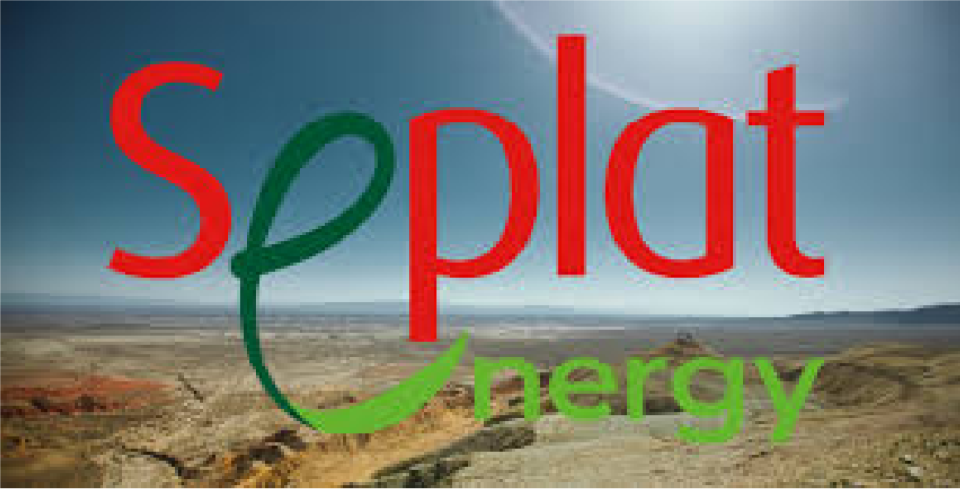By Ejekwu Chidiebere
Energy Window International (Media) Seplat Energy Plc has again lent its voice to the need for accelerated domestic gas development as engine of prosperity for Nigeria and Africa at large. From powering homes, to fuelling industry and providing a cleaner alternative for cooking and transportation, gas is a sine-qua-non, says Seplat Energy. This the Company also said had informed its heavy investment in gas processing capacity like the ANOH gas plant which is expected to come on stream before the end of the year – all which are geared to ensure development and expansion of Nigeria’s domestic gas market.
The Director, New Energy at Seplat, Mr. Okechukwu Mba, said this in Cape Town, South Africa. Mba, who spoke during a panel discussion titled “Beyond Exports: Developing Commercially Viable Domestic Gas Markets”, said stakeholders have a duty of ensuring that the challenges in the gas to power value chain from molecules at the wellhead to electrons in homes were addressed for Nigeria to realize the goal of increased power supply to Nigerians. He also emphasized the importance of a commercially viable power sector as critical to achieving growth in the domestic gas market.
He said: “Bankable anchor customers are needed to underpin the development of new gas projects whilst identifying infrastructural challenges in power transmission and distribution as well as the liquidity crises in the power sector as two areas that require urgent attention in order to unlock new gas projects. Seplat Energy currently supplies gas to five (5) power stations in Nigeria which underscores its commitment to the power sector. Gas is well positioned to provide reliable and affordable base load energy to drive to economic growth.”
“Seplat Energy adopts a comprehensive approach to growing the domestic gas market. Beside investments in pipeline gas projects, Seplat is also investing in Liquefied Petroleum Gas (LPG) and Compressed Natural Gas (CNG) facilities.
“In addition to the significant volumes of butane now supplied to the domestic market from its NGL plant in Bonny River Terminal, Seplat Energy also intends to commence delivery of LPG from its Sapele and ANOH gas plants before the end of the year. This will make Seplat Energy one of the leading suppliers of LPG, displacing biomass and providing a cleaner cooking fuel that will improve the health and living conditions of Nigerians. Seplat Energy’s investment into CNG was to make gas available to customers not currently connected to the domestic gas pipeline network.
“The company plans to take its operated gas production to over 1 Bcf/d by 2030, while noting that the recent incentives granted by government to the gas sector will aid the achievement of this goal.”
In a related development, the Director External Affairs & Social Performance, Chioma Afe said that for every move Seplat had taken, had been driven for the purpose of enhancing access to reliable and affordable energy for Nigerians, “For we can’t compromise the fundamentals of ESG as they are strongly upheld and fully applied.” She spoke at a panel session with the theme, “Bureaucracy or Bridge: Tailoring Global ESG Approaches for African Realities”.
She said the peculiarities of the Nigerian people and Africa at large were of immense importance in implementing Seplat Energy’s ESG framework and commitments.
She said: “For a truly successful and impactful ESG implementation, it is highly imperative to move from a “one size fits all” mindset, to a co-created framework and implementation that is focused on value creation and empowers African nations to define their own sustainable growth plan. One that ensures ESG principles become a bridge across industries and countries driving growth and not a bureaucratic exercise.”
“Adapting ESG to local needs is key. Therefore, we should explore customizing global ESG frameworks to address the unique socio-economic conditions, developmental challenges, including infrastructure, education and healthcare, as well as vulnerabilities to climate change and economic empowerment, across the continent.”
She also noted: “At Seplat Energy, our approach has been a regular and systematic process of identifying and analyzing the development gaps in our areas of operation and partnering with our communities to define project goals, prioritize resources and develop effective strategies to achieve them.”

